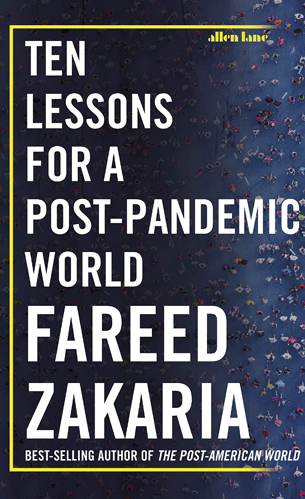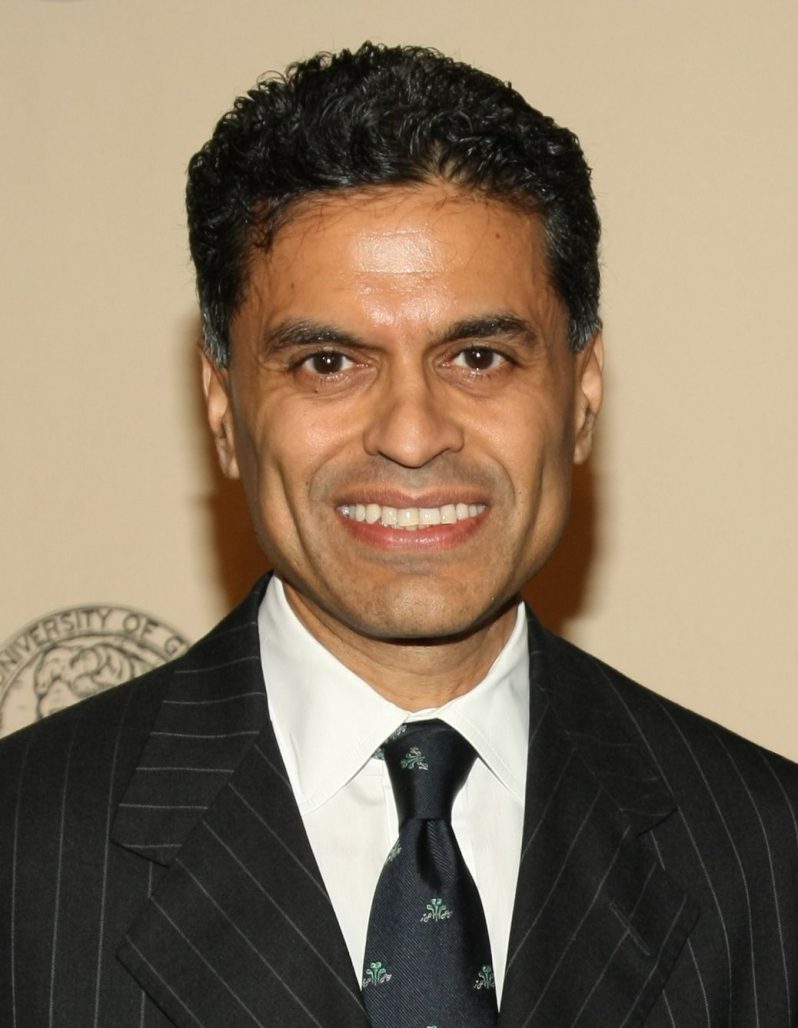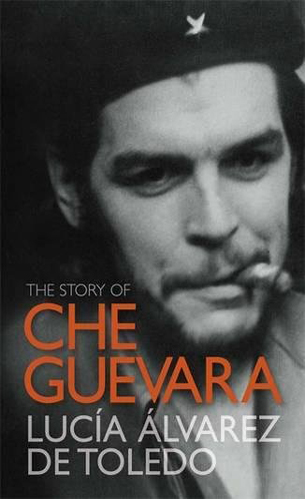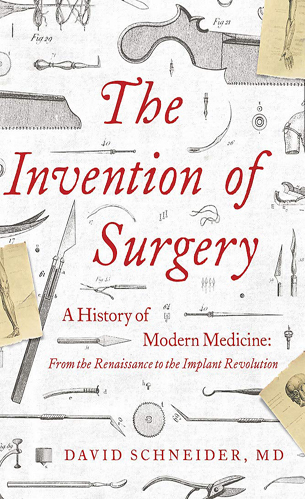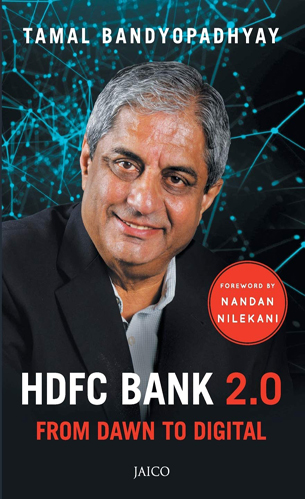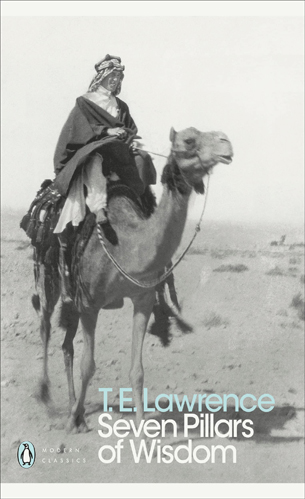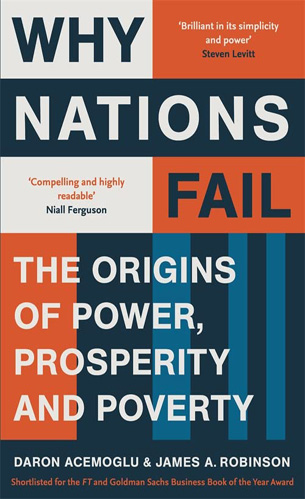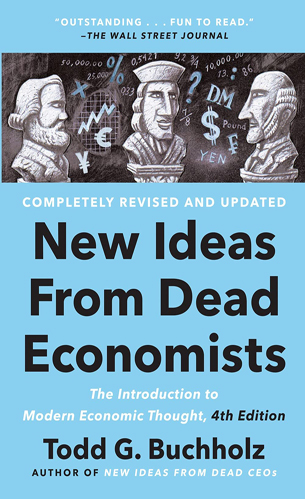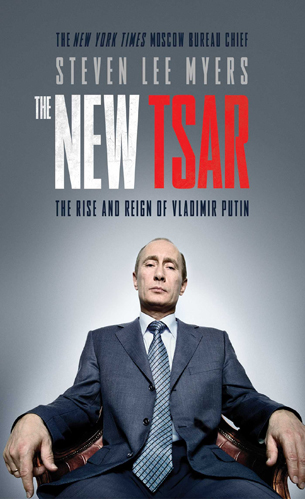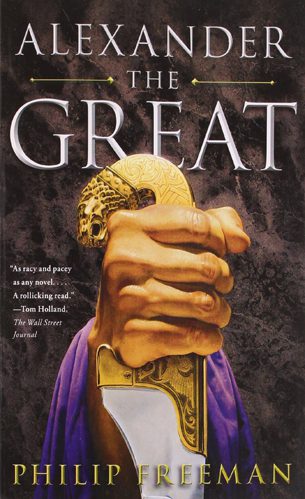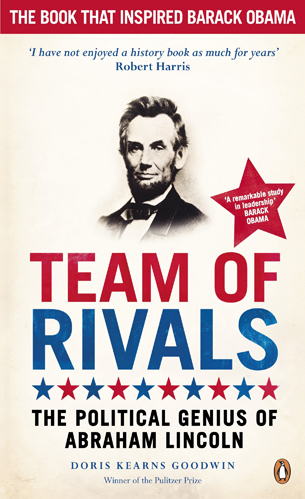Category
- Discounted Books
- English Book Bundles
- University Magazines
- சிறுவர்களுக்கான புத்தகங்கள்
- Children Books
- English Books
- Current Affairs
- Military & Intelligence
- Short Stories
- Fiction
- Poetry
- Environment & Nature
- Science
- Medicine
- Linguistics
- Atheism & Agnosticism
- (Auto)Biography & Memoir
- Business & Management
- Creativity
- Economics
- Education & Research
- Health & Nutrition
- History
- Humor
- Love & Relationships
- Parenting
- Personal Development
- Personal Finance
- Philosophy
- Politics
- War
- Psychology
- Religion & Spirituality
- Society & Culture
- Sports
- Travel & Adventure
- Technology & the Future
- True Crime
- Women Empowerment
- தமிழ் Books
- Book Bundles ( தமிழ் )
- சட்டம்
- இயற்கை
- கட்டுரை
- கணிதம்
- பயணக்குறிப்புகள்
- விவசாயம்
- அரசியல்
- ஆரோக்கியம்
- உளவியல்
- புனைவு
- காதல் மற்றும் உறவு
- சமூகவியல்
- சுயசரிதைகள் மற்றும் நினைவுகள்
- சுயமுன்னேற்றம்
- தத்துவஞானம்
- தொழில்நுட்பம் & எதிர்காலம்
- பொருளாதாரம்
- போர்
- பணம்
- மதம் & ஆன்மீகம்
- வணிகம் & மேலாண்மை
- வரலாறு
- விஞ்ஞானம் & பிரபல அறிவியல்
- விளையாட்டு
- சினிமா
- கவிதைகள்
- குழந்தை வளர்ப்பு
- குற்றம்
- மருத்துவம்
- மொழி
Product categories
- Children Books
- Discounted Books
- English Book Bundles
- English Books
- (Auto)Biography & Memoir
- Atheism & Agnosticism
- Business & Management
- Creativity
- Current Affairs
- Economics
- Education & Research
- Environment & Nature
- Fiction
- Health & Nutrition
- History
- Humor
- Linguistics
- Love & Relationships
- Medicine
- Military & Intelligence
- Parenting
- Personal Development
- Personal Finance
- Philosophy
- Poetry
- Politics
- Psychology
- Religion & Spirituality
- Science
- Short Stories
- Society & Culture
- Sports
- Technology & the Future
- Travel & Adventure
- True Crime
- War
- Women Empowerment
- University Magazines
- சிறுவர்களுக்கான புத்தகங்கள்
- தமிழ் Books
- Book Bundles ( தமிழ் )
- அரசியல்
- ஆரோக்கியம்
- இயற்கை
- உளவியல்
- கட்டுரை
- கணிதம்
- கவிதைகள்
- காதல் மற்றும் உறவு
- குற்றம்
- குழந்தை வளர்ப்பு
- சட்டம்
- சமூகவியல்
- சினிமா
- சுயசரிதைகள் மற்றும் நினைவுகள்
- சுயமுன்னேற்றம்
- தத்துவஞானம்
- தொழில்நுட்பம் & எதிர்காலம்
- பணம்
- பயணக்குறிப்புகள்
- புனைவு
- பொருளாதாரம்
- போர்
- மதம் & ஆன்மீகம்
- மருத்துவம்
- மொழி
- வணிகம் & மேலாண்மை
- வரலாறு
- விஞ்ஞானம் & பிரபல அறிவியல்
- விளையாட்டு
- விவசாயம்
Ten Lessons for a Post-Pandemic World
Rs. 2,890.00 Original price was: Rs. 2,890.00.Rs. 2,490.00Current price is: Rs. 2,490.00.

Fareed Zakaria
Since the end of the Cold War, the world has been shaken to its core three times. 11 September 2001, the financial collapse of 2008 and – most of all – Covid-19. Each was an asymmetric threat, set in motion by something seemingly small, and different from anything the world had experienced before. Lenin is supposed to have said, ‘There are decades when nothing happens and weeks when decades happen.’ This is one of those times when history has sped up.
In this urgent and timely book, Fareed Zakaria, one of the ‘top ten global thinkers of the last decade’ (Foreign Policy), foresees the nature of a post-pandemic world: the political, social, technological and economic consequences that may take years to unfold. In ten surprising, hopeful ‘lessons’, he writes about the acceleration of natural and biological risks, the obsolescence of the old political categories of right and left, the rise of ‘digital life’, the future of globalization and an emerging world order split between the United States and China. He invites us to think about how we are truly social animals with community embedded in our nature, and, above all, the degree to which nothing is written – the future is truly in our own hands.
Ten Lessons for a Post-Pandemic World speaks to past, present and future, and will become an enduring reflection on life in the early twenty-first century.
Out of stock
Notify me when stock available
About the Author
- Hardcover : 320 pages
Related products
-
The Story of Che Guevara
Rs. 2,890.00or 3 X Rs.963.33 with Read more
Read moreLucía Álvarez de Toledo
‘Lucía Álvarez de Toledo captures the essence of Che the man with a heart-warming and inspirational text … a most rewarding book, whose significance should not be underestimated’ ― Morning Star
An accessible biography of one of the most influential figures of recent times based on new, original research.
Che Guevara is something of a symbol in the West. But for the rest of the world he is different: a charismatic revolutionary who redrew the political map of Latin America and gave hope to those resisting colonialism everywhere. In The Story of Che Guevara Lucía Álvarez de Toledo follows Che from his birth in Rosario and his early years in his parent’s maté plantation, to his immortal motorcycle journeys across South America, his role at the heart of Castro’s new Cuban government, and through to the unforgiving jungle that formed the backdrop to his doomed campaigns in the Congo and Bolivia.
Based on interviews with Che’s family and those who knew him intimately, this is an accessible biography that concentrates on the man rather than the icon. With the political developments in Latin America in the twenty-first century, his influence can be seen to be even greater than it was during his lifetime and The Story of Che Guevara is a perfect introduction to an extraordinary man.
-
The Invention of Surgery: A History of Modern Medicine: From the Renaissance to the Implant Revolution
Rs. 2,990.00Original price was: Rs. 2,990.00.Rs. 2,690.00Current price is: Rs. 2,690.00.or 3 X Rs.896.67 with Read more
Read moreDr. David Schneider
“Brace yourself! The Invention of Surgery is a globetrotting historical adventure, told from the inside of the operating room. Through a series of colorful, bizarre and, at times, stomach-churning stories, Dr. Schneider reveals how the human, messy side of surgical history adds up to the wondrous advances we see today. This is medical writing at its most exhilarating.”
– Michael Paul Mason, author of Head Cases: Stories of Brain Injury and Its Aftermath“Comprehensively researched, deftly told, and radiating both intellect and passion, The Invention of Surgery is essential reading for anyone interested not only in the history but also in the future of medicine. This book is a labor of love, and it shows.”
– Frank Huyler, author of The Blood of Strangers: Stories from Emergency Medicine“Rampaging through surgery’s history, David Schneider’s unique take on its heroes and their achievements is cut with poignant, pithy stories from his own experience of repairing our bodies. He celebrates the audacity of putting something foreign inside of us, ruminates on its current costs and ethics, and asks us to join him on a fascinating ride into the future of implants.”
– Helen Bynum PhD, author of Spitting Blood: The History of Tuberculosis“Bold and compelling… Uniformly excellent, and often wryly amusing.“– The Wall Street Journal
“A history of surgery that is informative, entertaining, and highly readable.” –Library Journal
-
HDFC Bank 2.0: From Dawn to Digital
Rs. 2,990.00Original price was: Rs. 2,990.00.Rs. 2,690.00Current price is: Rs. 2,690.00.or 3 X Rs.896.67 with Read more
Read moreTamal Bandyopadhyay
“Tamal combines his financial knowledge, eye for detail, and an excellent storytelling style to create a vivid portrait of India’s most valued bank and its path to the future.” –NANDAN NILEKANI, Co-founder and Chairman of Infosys and Founding Chairman of UIDAI
“Tamal has enthusiastically documented the epiphany that HDFC Bank’s leadership had in starting out on their digital journey. India is set for seismic changes to day-to-day banking over the next few years and banks who don’t commit to fully re-engineering their practice around becoming a technology company that delivers real-time, contextual banking experiences will wither on the vine. HDFC Bank has made a solid start on this journey, but the final chapter has not yet been written.” –BRETT KING, Founder, Moven and bestselling author of Bank 4.0
The seeds of change were sown in September 2014, when HDFC Bank MD Aditya Puri went to Silicon Valley to meet the brightest tech minds in the world. By the time he got back, he knew exactly what needed to be done.
It was time for a revolution. Instead of waiting to be disrupted by fintech companies, HDFC Bank went all out to disrupt itself, recasting its role and scope on a scale that has never been attempted before. In one of the biggest transformations ever undertaken in any business, HDFC Bank wants to become a platform facilitating a financial experience.
Tamal Bandyopadhyay chronicles HDFC Bank’s own digital disruption exercise through the very people who drove it, narrating a story that’s as compelling as unique in India’s financial system. With his keen eye for detail, deep knowledge of banking and unparalleled storytelling ability, Bandyopadhyay recounts the journey of India’s most valued lender from a life cycle bank to a lifestyle bank.
-
Seven Pillars of Wisdom
Rs. 3,390.00Original price was: Rs. 3,390.00.Rs. 2,390.00Current price is: Rs. 2,390.00.or 3 X Rs.796.67 with Read more
Read moreT. E. Lawrence
Seven Pillars of Wisdom is the autobiographical account of T.E. Lawrence – also known as ‘Lawrence of Arabia’ – of his service in the Arab Revolt during the First World War, published in Penguin Modern Classics. Although ‘continually and bitterly ashamed’ that the Arabs had risen in revolt against the Turks as a result of fraudulent British promises of self-rule, Lawrence led them in a triumphant campaign that revolutionized the art of war. Seven Pillars of Wisdom recreates epic events with extraordinary vividness.
‘Round this tent-pole of a military chronicle, Lawrence has hung an unexampled fabric of portraits, descriptions, philosophies, emotions, adventures, dreams’ — E. M. Forster
‘I am not much of a hero-worshipper, but I could have followed T.E. Lawrence over the edge of the world’ — John Buchan, author of The Thirty-Nine Steps
-
Why Nations Fail: The Origins of Power, Prosperity, and Poverty
Rs. 4,690.00or 3 X Rs.1,563.33 with Add to cart
Add to cartDaron Acemoglu and James A. Robinson
Buy why nations fail and get it delivered to your doorstep.
“You will have three reasons to love this book. It’s about national income differences within the modern world, perhaps the biggest problem facing the world today. It’s peppered with fascinating stories that will make you a spellbinder at cocktail parties—such as why Botswana is prospering and Sierra Leone isn’t. And it’s a great read. Like me, you may succumb to reading it in one go, and then you may come back to it again and again.” —Jared Diamond, Pulitzer Prize–winning author of the bestsellers Guns, Germs, and Steel and Collapse
“For economics and political-science students, surely, but also for the general reader who will appreciate how gracefully the authors wear their erudition.”—Kirkus Reviews
“Why Nations Fail is a wildly ambitious work that hopscotches through history and around the world to answer the very big question of why some countries get rich and others don’t.” —The New York Times (Chrystia Freeland)
“Why Nations Fail is a splendid piece of scholarship and a showcase of economic rigor.” —The Wall Street Journal
“This is an intellectually rich book that develops an important thesis with verve. It should be widely read.” —Financial Times
“Why Nations Fail is a truly awesome book. Acemoglu and Robinson tackle one of the most important problems in the social sciences—a question that has bedeviled leading thinkers for centuries—and offer an answer that is brilliant in its simplicity and power. A wonderfully readable mix of history, political science, and economics, this book will change the way we think about economic development. Why Nations Fail is a must-read book.” —Steven Levitt, coauthor of Freakonomics
“Some time ago a little-known Scottish philosopher wrote a book on what makes nations succeed and what makes them fail. The Wealth of Nations is still being read today. With the same perspicacity and with the same broad historical perspective, Daron Acemoglu and James Robinson have retackled this same question for our own times. Two centuries from now our great-great- . . . -great grandchildren will be, similarly, reading Why Nations Fail.” —George Akerlof, Nobel laureate in economics, 2001
“It’s the politics, stupid! That is Acemoglu and Robinson’s simple yet compelling explanation for why so many countries fail to develop. From the absolutism of the Stuarts to the antebellum South, from Sierra Leone to Colombia, this magisterial work shows how powerful elites rig the rules to benefit themselves at the expense of the many. Charting a careful course between the pessimists and optimists, the authors demonstrate history and geography need not be destiny. But they also document how sensible economic ideas and policies often achieve little in the absence of fundamental political change.”—Dani Rodrik, Kennedy School of Government, Harvard University
-
New Ideas from Dead Economists: The Introduction to Modern Economic Thought
Rs. 2,490.00or 3 X Rs.830.00 with Read more
Read moreTodd G. Buchholz
“If you read only one economics book this year, read this one.” —Larry Summers, secretary of the Treasury under President Clinton, director of the National Economic Council under President Obama
“Outstanding . . . fun to read.” —The Wall Street Journal
An entertaining and widely-praised introduction to great economic thinkers throughout history, now in its fourth edition, with updates and commentary on the 2020 “great cessation,” Trump and Obama economic policies, the dominance of Amazon, and many other timely topics.
-
The New Tsar: The Rise and Reign of Vladimir Putin
Rs. 2,690.00or 3 X Rs.896.67 with Read more
Read moreSteven Lee Myers
“Steven Lee Myers’s The New Tsar is not the first biography of Putin, but it is the strongest to date. Judicious and comprehensive, it pulls back the veil… from one of the world’s most secretive leaders. What is most striking, given the aura of steely consistency that Putin cultivates, is how he has changed over the years…. The great strength of Myers’s book is the way it shows how chance events and Putin’s own degeneration gradually cleared the path to the Ukraine crisis… Putin emerges as neither a KGB automaton, nor the embodiment of Russian historical traditions, nor an innocent victim of Western provocations and NATO’s hubris, but rather as a flawed individual who made his own choices at crucial moments and thereby shaped history.” —Daniel Treisman, The Washington Post
“What Steven Lee Myers gets so right in The New Tsar, his comprehensive new biography — the most informative and extensive so far in English — is that at bottom Putin simply feels that he’s the last one standing between order and chaos… What Myers offers is the portrait of a man swinging from crisis to crisis with one goal: projecting strength… A knowledgeable and thorough biography… Putin himself now represents the chaos he so abhors — the chaos that will surely come in his wake.” —Gal Beckerman, The New York Times Book Review
“Combining skilled story telling, psychological examination and political investigation, Steven Lee Myers succeeds brilliantly in this biography of Vladimir Putin. Explaining the dangers that Putin’s Russia may and does pose, Myers effortlessly and expertly guides the reader through the complexities of the Russian Byzantine governing style and the country’s politics and identity. In the end, the book provides one of the most comprehensive answers to a puzzling question: Despite all the changes that Russia has gone through during communism and post-communism, why is it still an empire of the tsar?” —Nina Khrushcheva
“Personalities determine history as much as geography, and there is no personality who has had such a pivotal effect on 21st century Europe as much as Vladimir Putin. The New Tsar is a riveting, immensely detailed biography of Putin that explains in full-bodied, almost Shakespearean fashion why he acts the way he does.” –Robert D. Kaplan
“The reptilian, poker-faced former KGB agent, now Russian president seemingly for life, earns a fair, engaging treatment in the hands of New York Times journalist Myers… [who] clearly knows his material and primary subject… Putin used the perks of power to create a complex system of cronyism and nepotism. Myers shows how Putin convinced everyone that this way of operating was part of the Russian soul and how he perpetuated it through an archaic form of Russian corruption… Myers astutely notes how Putin’s speeches increasingly harkened back to the worst period of the Cold War era’s dictates by Soviet strongmen… A highly effective portrait of a frighteningly powerful autocrat.” –Kirkus (starred review)
-
The Anthropocene Reviewed
Rs. 3,490.00Original price was: Rs. 3,490.00.Rs. 3,290.00Current price is: Rs. 3,290.00.or 3 X Rs.1,096.67 with Read more
Read moreJohn Green
- The Instant Sunday Times Bestseller
- Andrew Carnegie Medal Nominee for Nonfiction (2022)
- Goodreads Choice Award for Nonfiction (2021)
“Each short review is rich with meaning and filled with surprises and together, they amount to a resonant paean to hard-won hope.” –Publishers Weekly, starred review
“This is a book about culture, about science and medicine, about Green himself, but really it surpasses these designations. It is essential to the human conversation. John Green whispered the truth of humanity onto the page, and as with all good secrets, you’ll need to lean in closely to hear.” –Library Journal, starred review
“The Anthropocene Reviewed is the perfect book to read over lunch or to keep on your nightstand, whenever you need a reminder of what it is to feel small and human, in the best possible way.” –San Francisco Chronicle
“Each of the entries in The Anthropocene Reviewed: Essays on a Human-Centered Planet, is a small gem, polished to near perfection…. What unites them is [Green’s] uncanny ability to structure each piece as both a critique of human foibles and an embracing of them.” –Shelf Awareness, starred review
“The Anthropocene Reviewed somehow satisfies all the contradictory demands I have for a book right now: it stimulates my brain while getting me out of my head while taking me to faraway places while grounding me in the wonders of my everyday. I’m so glad it’s here. I need it.” –Anna Sale, host of Death, Sex & Money and author of Let’s Talk About Hard Things
-
Alexander the Great by Philip Freeman
Rs. 4,290.00or 3 X Rs.1,430.00 with Add to cart
Add to cartPhilip Freeman
- Society of Midland Authors Award Nominee for Biography (2012)
“Freeman tells us about Alexander’s life like a novel—a remarkably interesting novel, to boot.” —Sarah Hann, The Saturday Evening Post
“Fast-paced and dramatic, much like Alexander himself, this is a splendid introduction into one of the most dramatic true stories of history.” -Adrian Goldsworthy, author of Antony and Cleopatra
“As racy and pacey as any novel. Here, in vivid and exciting detail, are all the familiar highlights of Alexander’s career…. Mr. Freeman’s ambition, he tells us in his introduction, was ‘to write a biography of Alexander that is first and foremost a story.’ It is one he splendidly fulfills…. A rollicking read.” -Tom Holland, The Wall Street Journal
“Freeman does not hero worship Alexander, and does not paper over his subject’s many faults. At times, Alexander can seem like an almost mythic figure, but, as Freeman shows, he was all too human.” -Matthew Price, The Boston Globe
“Lean, learned, and marked by good judgment on every page, Alexander the Great is also a roaring good yarn. Philip Freeman has the eye of someone who has walked in Alexander’s footsteps, and he writes with grace and wisdom.” -Barry Strauss, author of The Spartacus War and professor of history, Cornell University
“The author’s love for his subject infuses this footnote-free narrative with an unfussy breeziness, and readers are sure to come away from Alexander’s story with an essential grasp of the details and understanding of his character.” -Kirkus Reviews
“A well-written, chronological narrative that allows Alexander’s remarkable career and achievements to speak for themselves. . . Readers will appreciate this fine account of a man truly deserving of the title ‘Great.'” -Booklist
-
Team of Rivals: The Political Genius of Abraham Lincoln
Rs. 2,990.00Original price was: Rs. 2,990.00.Rs. 2,690.00Current price is: Rs. 2,690.00.or 3 X Rs.896.67 with Read more
Read moreDoris Kearns Goodwin
- Benjamin Barondess Award (2006)
- Lincoln Prize (2006)
- New-York Historical Society American History Book Prize
- Winner of the Bostonian Society’s 2006 Bostonian History Award
- Finalist for the National Book Critics Circle Award for biography
- Finalist for the Los Angeles Times Book Prize in biography
A wonderful book … a remarkable study in leadership — Barack Obama
A brilliant book … I couldn’t get enough of it –– Alex Ferguson
Goodwin’s narrative abilities are on full display here. A portrait of Lincoln as a virtuosic politician and managerial genius — Michiko Kakutani ― New York Times
I have not enjoyed a history book as much for years — Robert Harris ― The Observer (Books of the Year)
The most uplifting book that I have read in the last two decades. Sensational — Jon Snow
“An elegant, incisive study of Lincoln and leading members of his cabinet that will appeal to experts as well as to those whose knowledge of Lincoln is an amalgam of high school history and popular mythology…. Goodwin has brilliantly described how Lincoln forged a team that preserved a nation and freed America from the curse of slavery.” -James M. McPherson, The New York Times Book Review
“A brilliantly conceived and well-written tour de force of a historical nar rative…. Goodwin’s contribution is refreshingly unique…. Goodwin’s emotive prose elevates this tome from mere popular history to literary achievement.” -Douglas Brinkly, The Boston Globe
“Goodwin finds her Lincoln hiding in plain view. He is Lincoln the politician, but one whose political shrewdness ends up being indistinguishable from wisdom. She has written a wonderful book. There is a man in it.” -Garry Wills, American Scholar
“A sweeping, riveting account… Put simply, Goodwin’s story of Lincoln’s great, troubled, triumphant life is a star-spangled, high-stepping, hat-waving, bugle-blowing winner.” – Daily News (New York)

